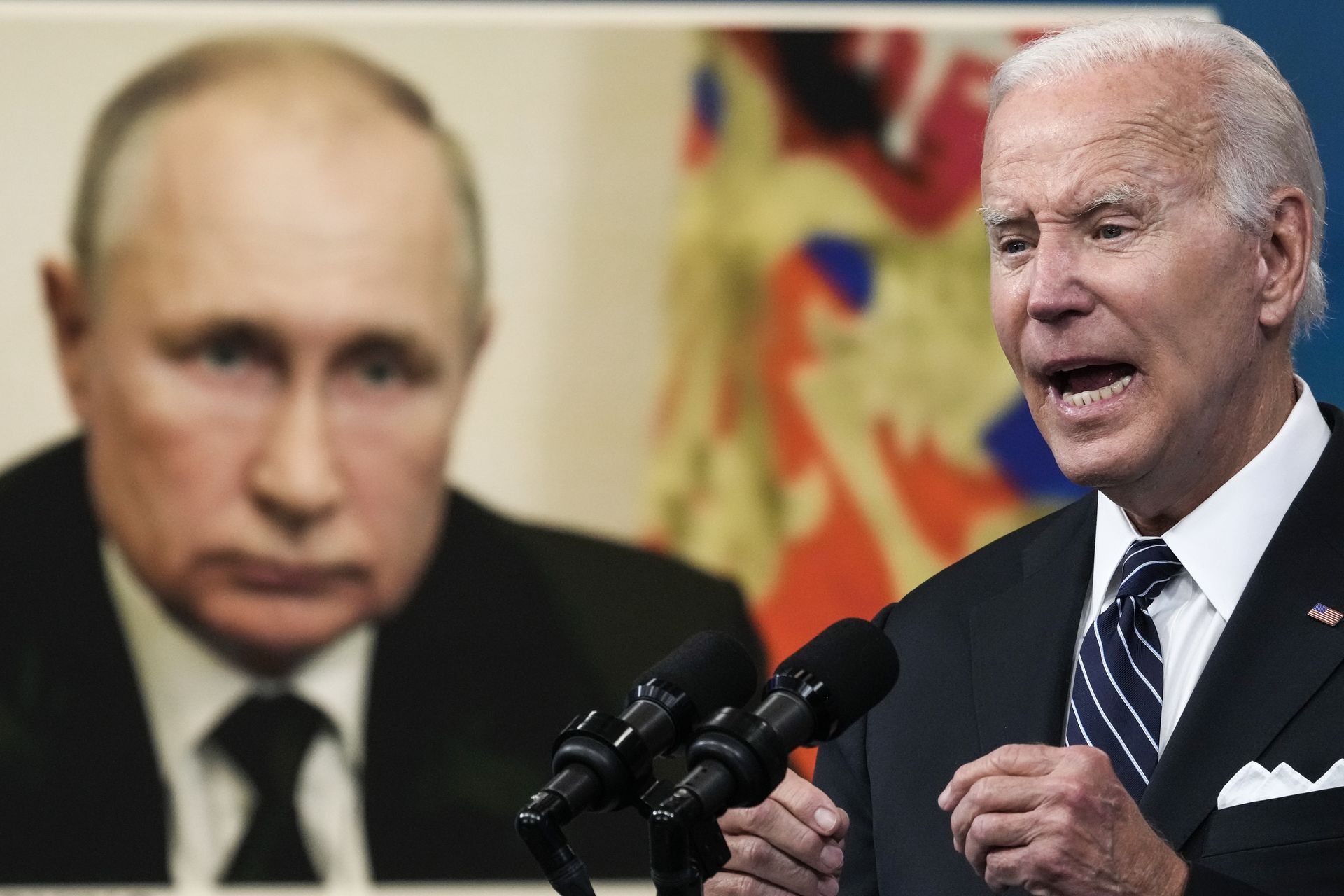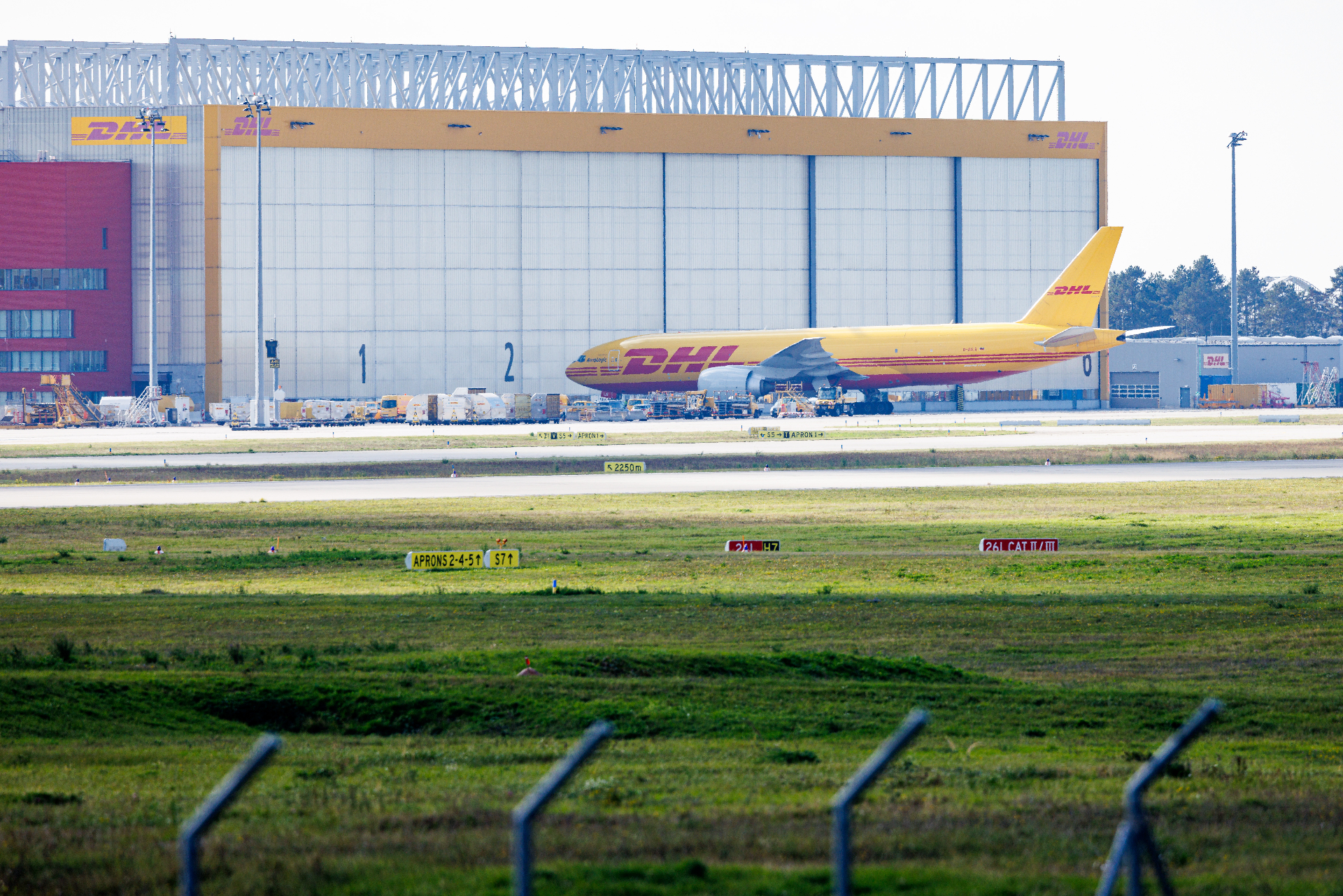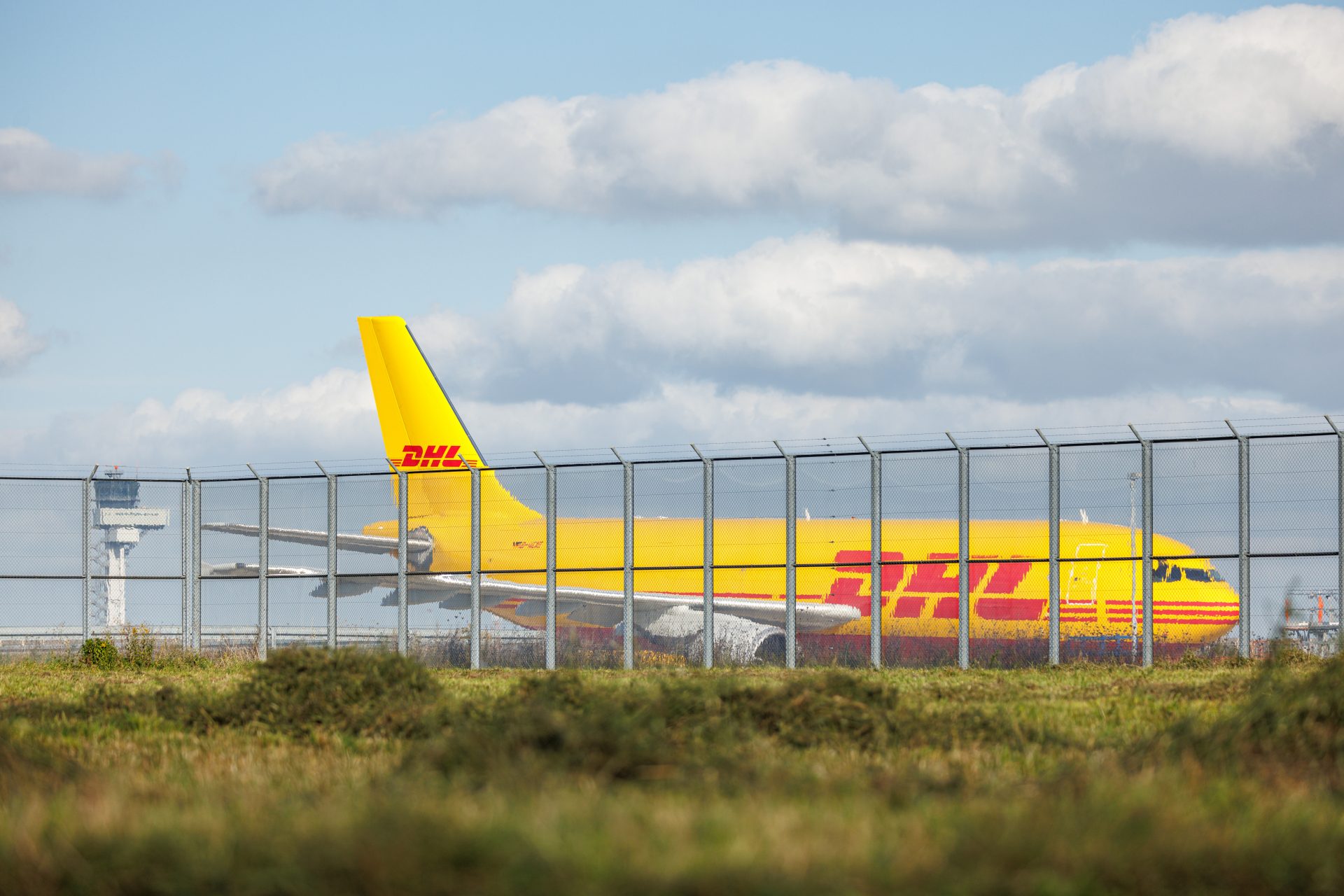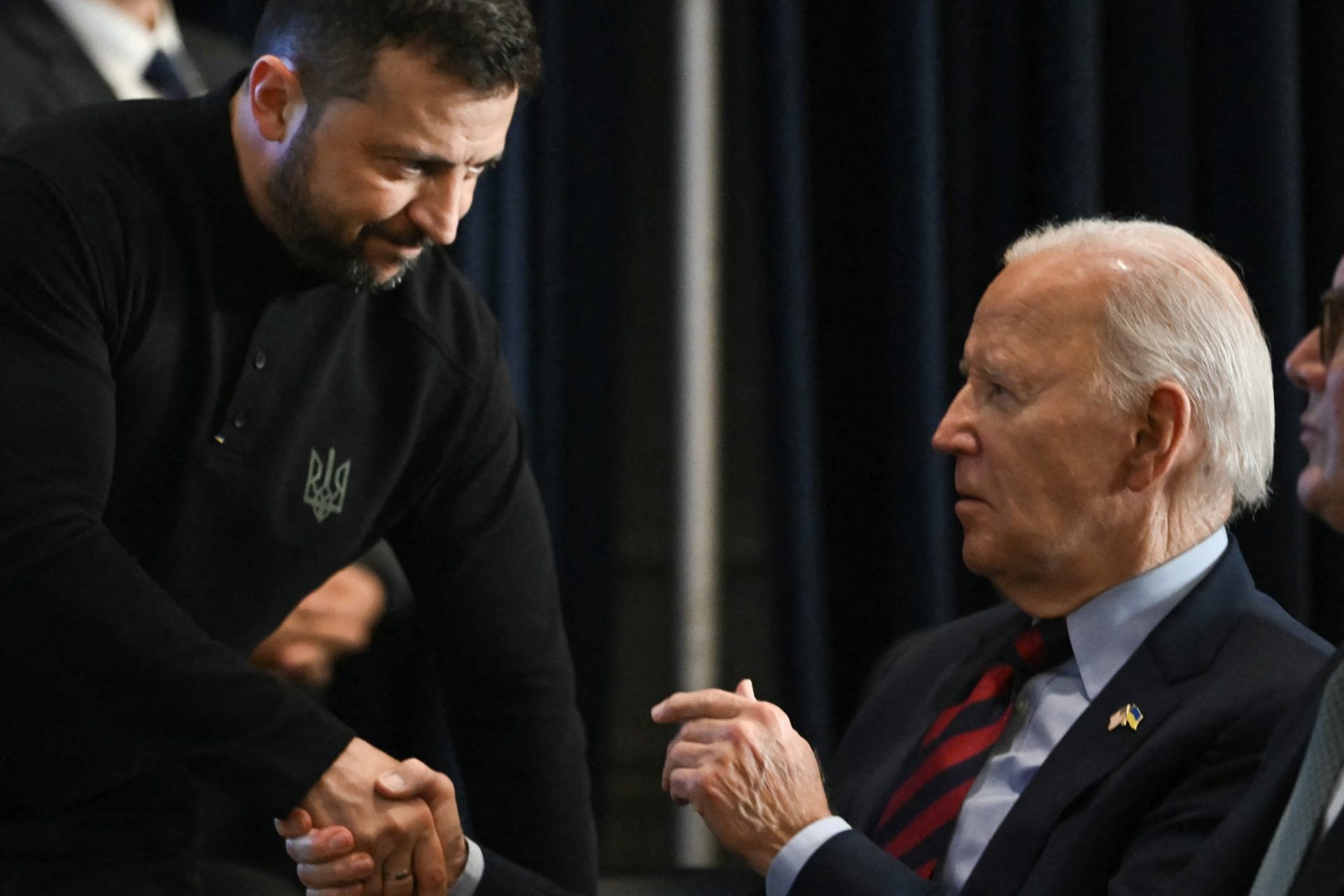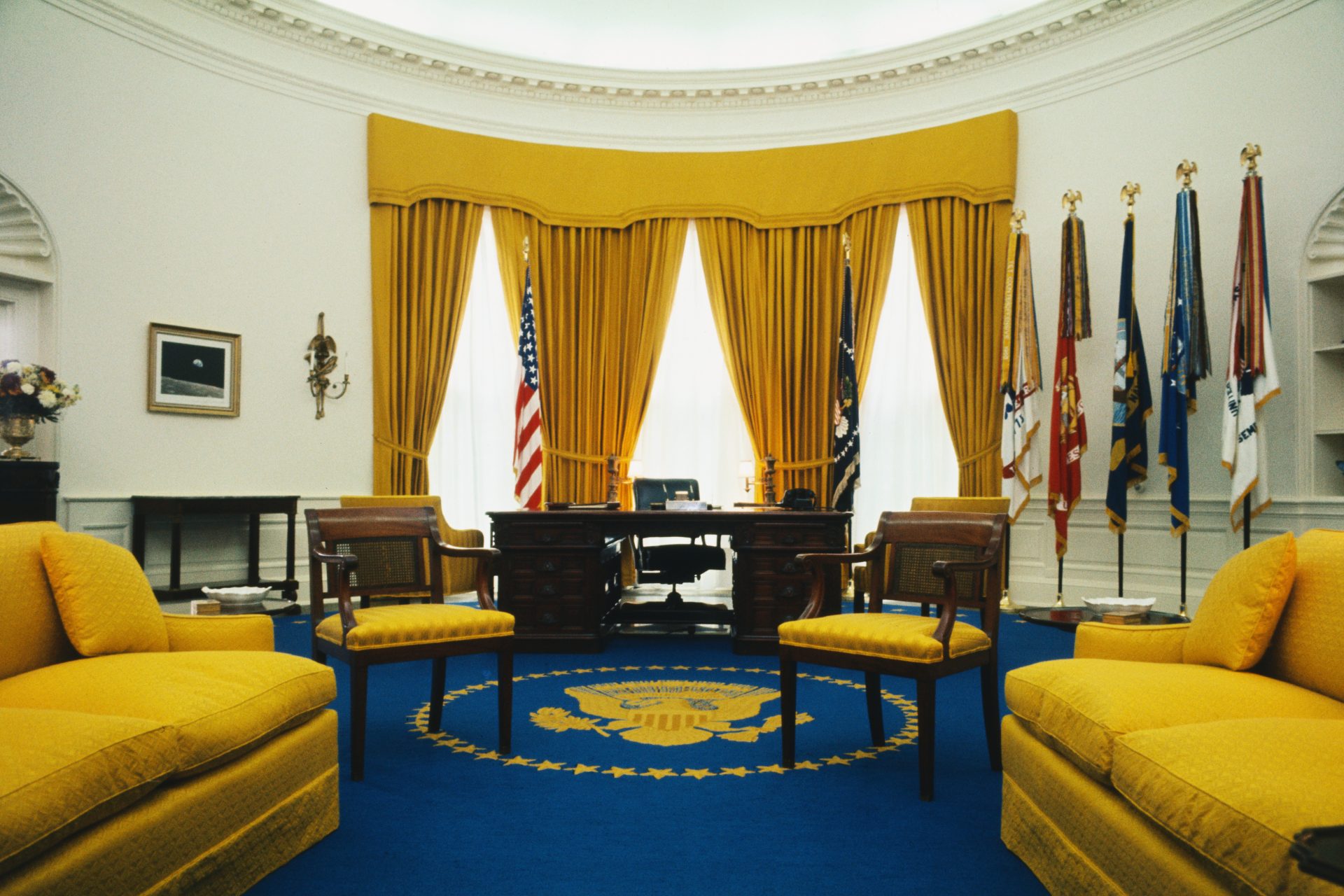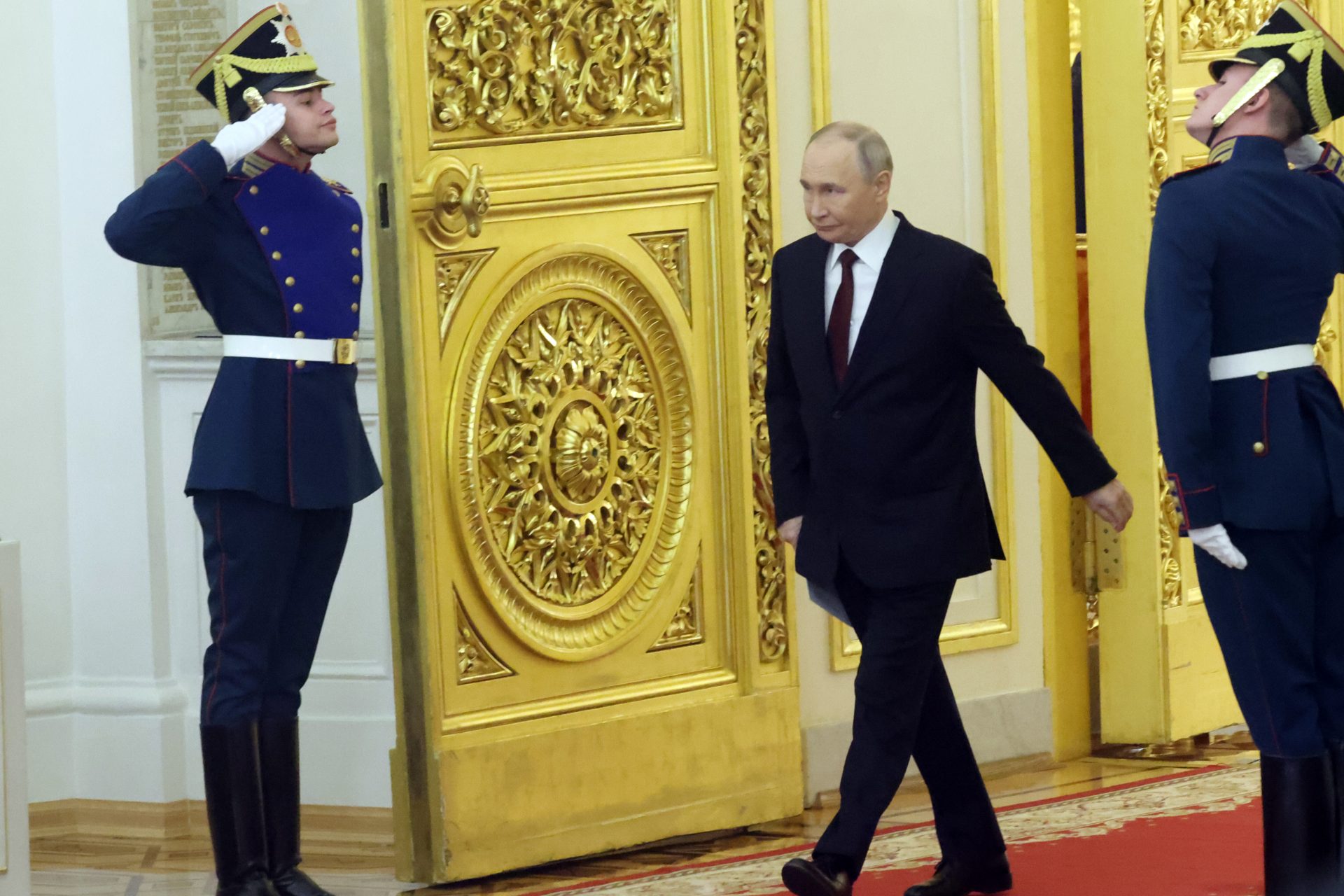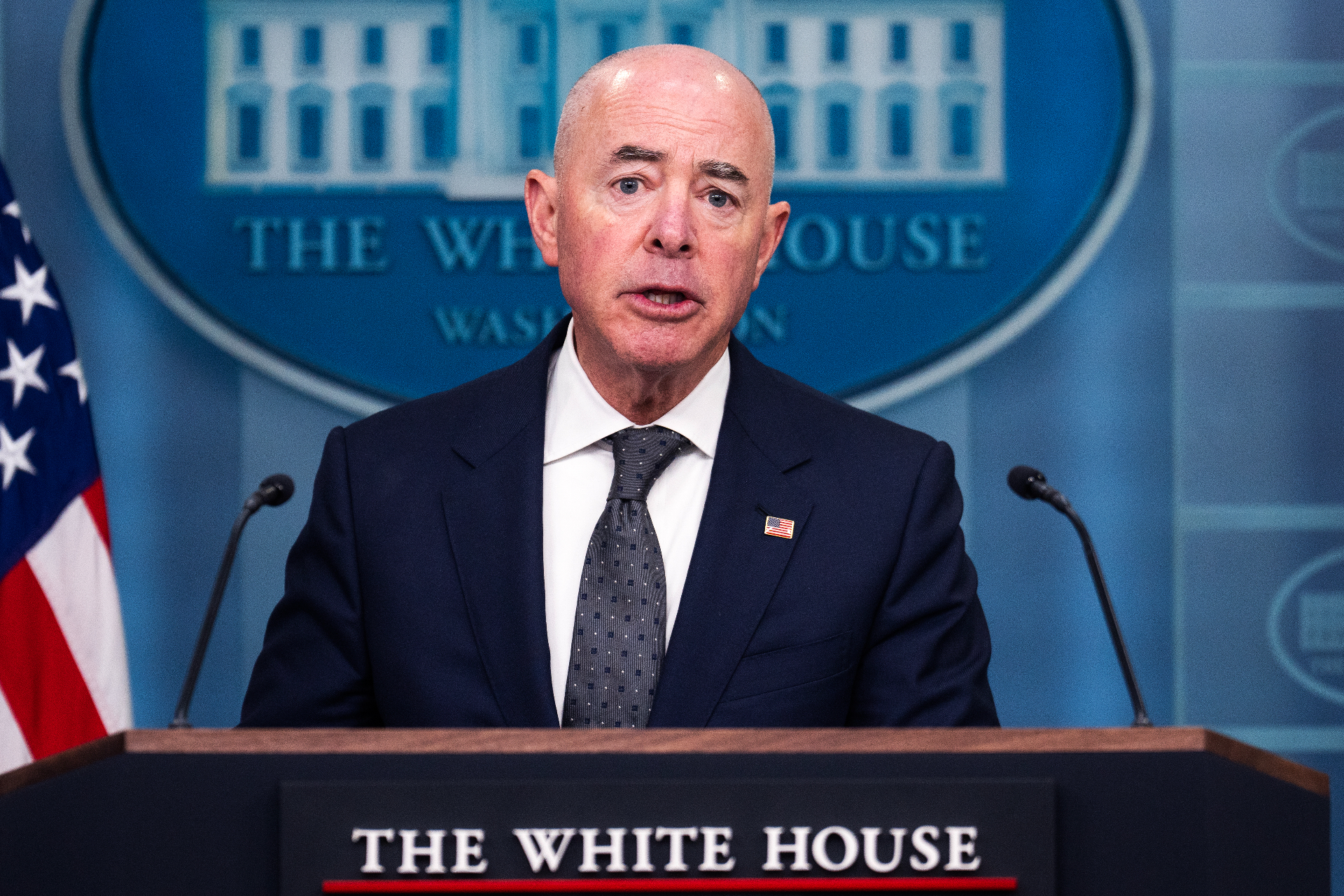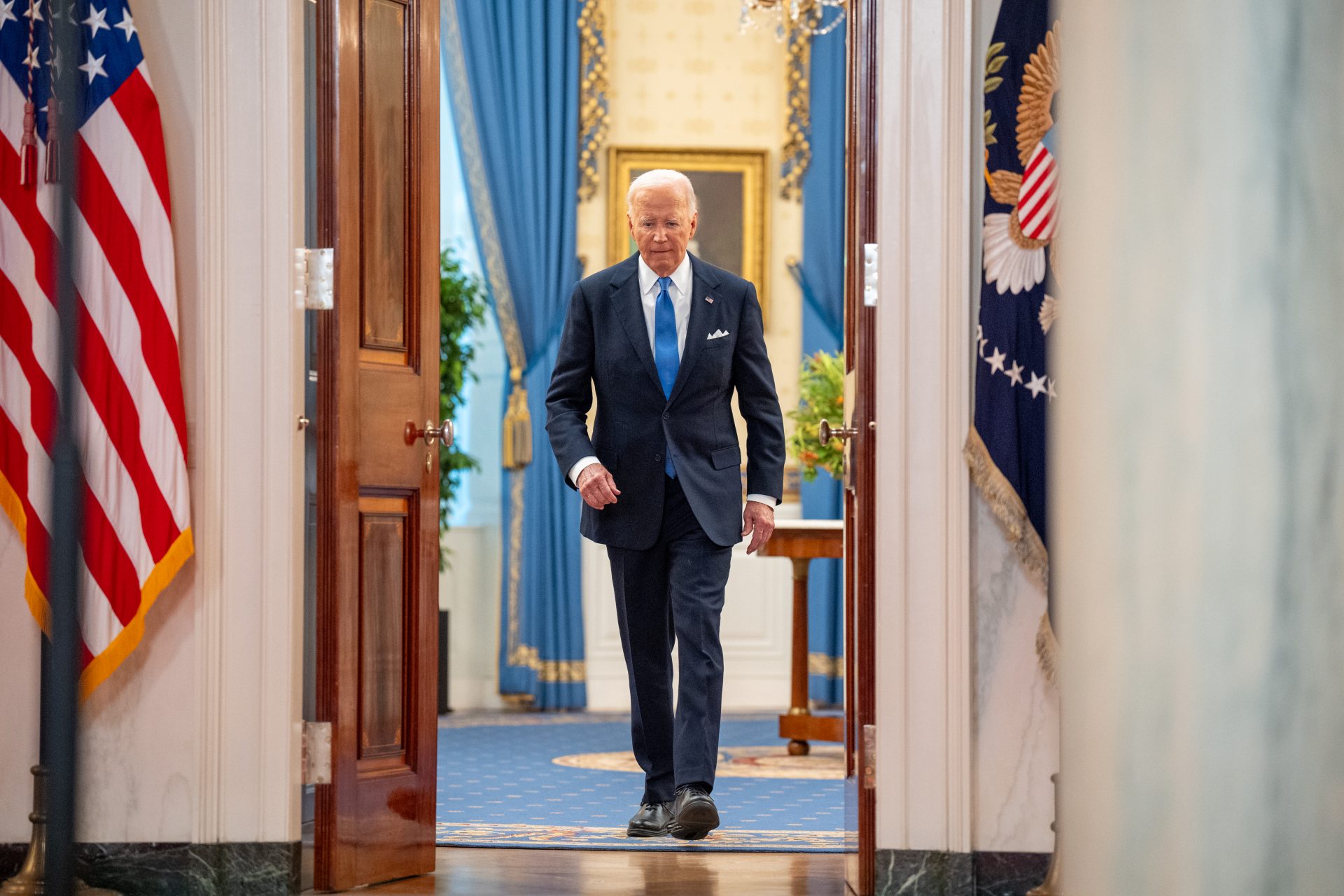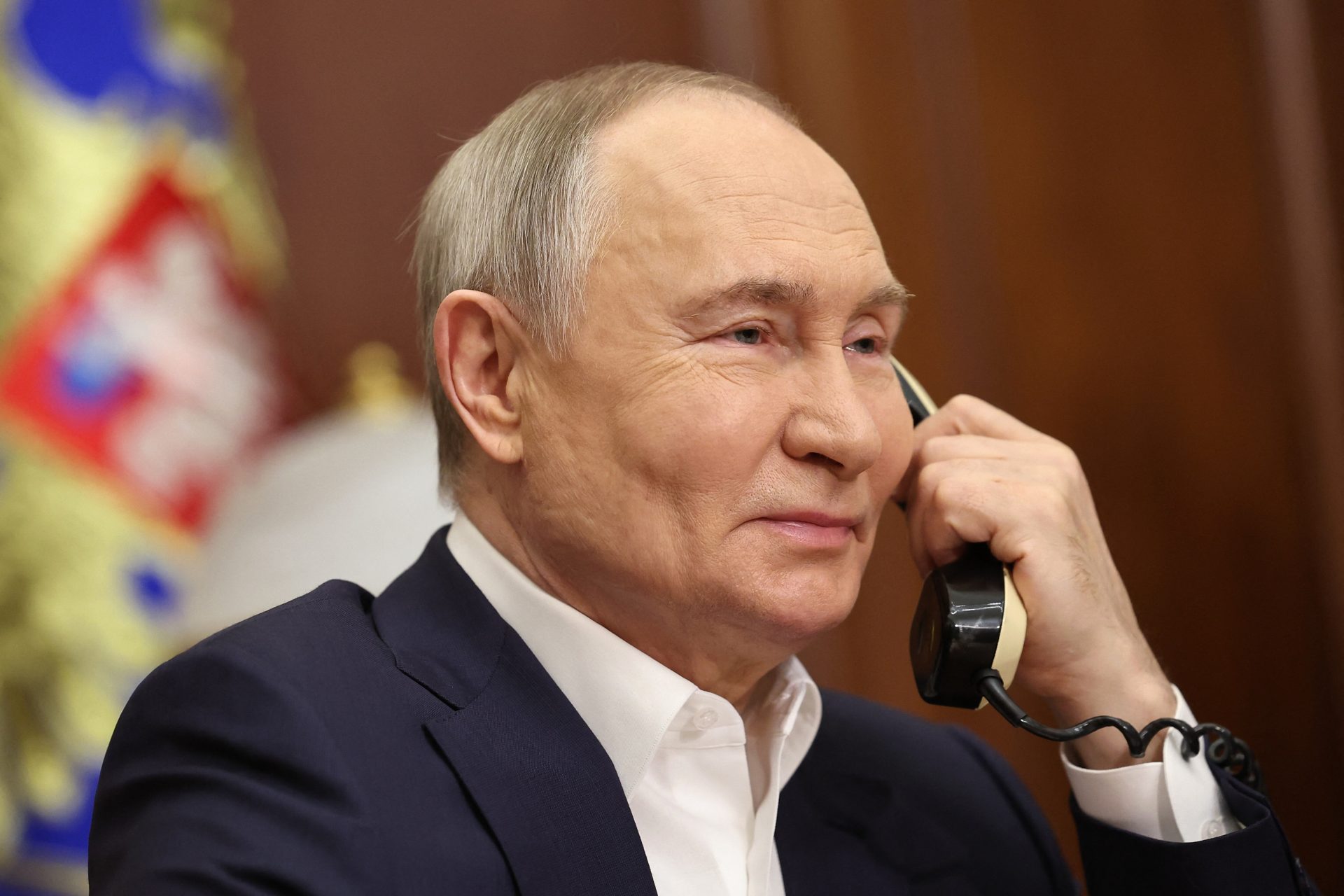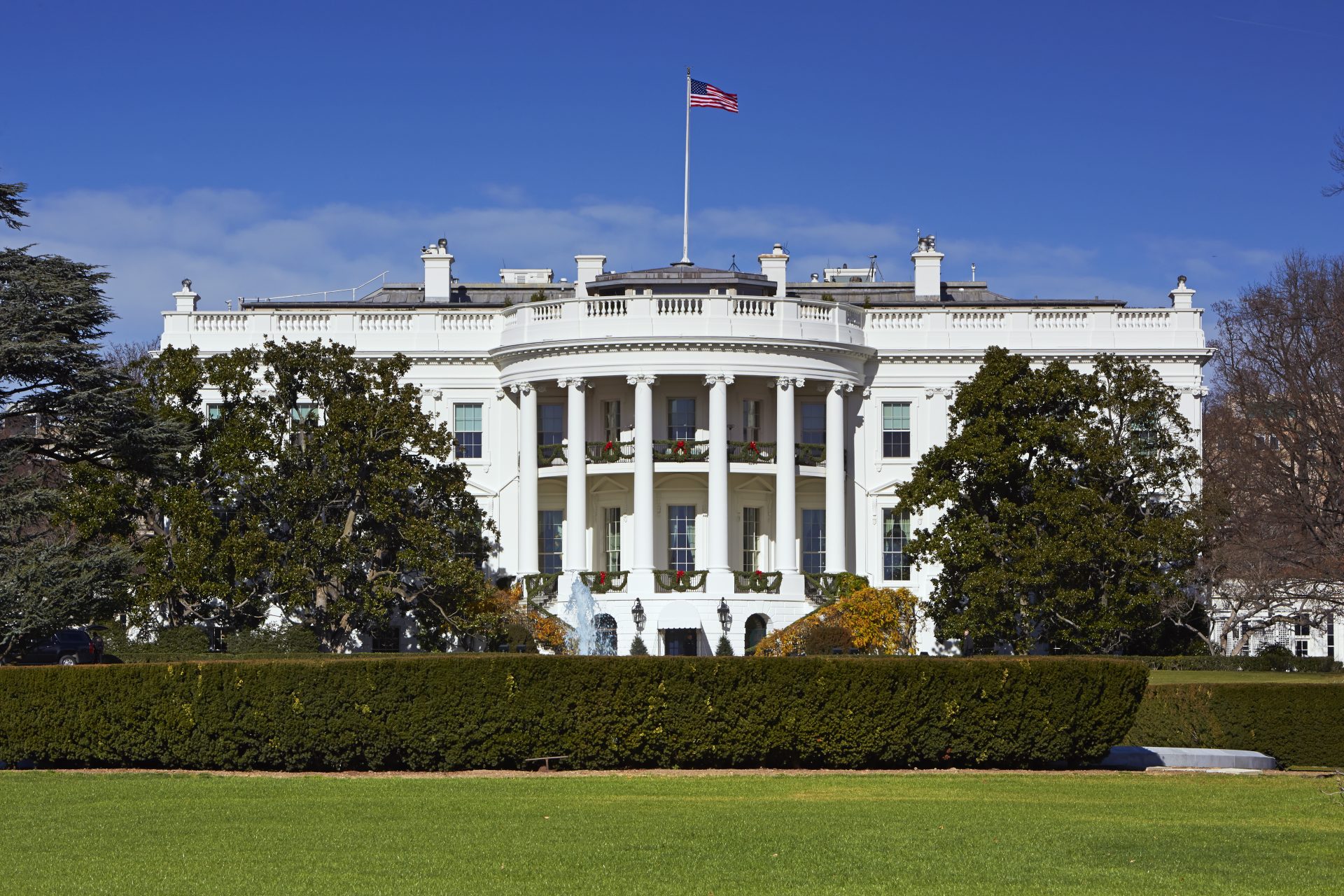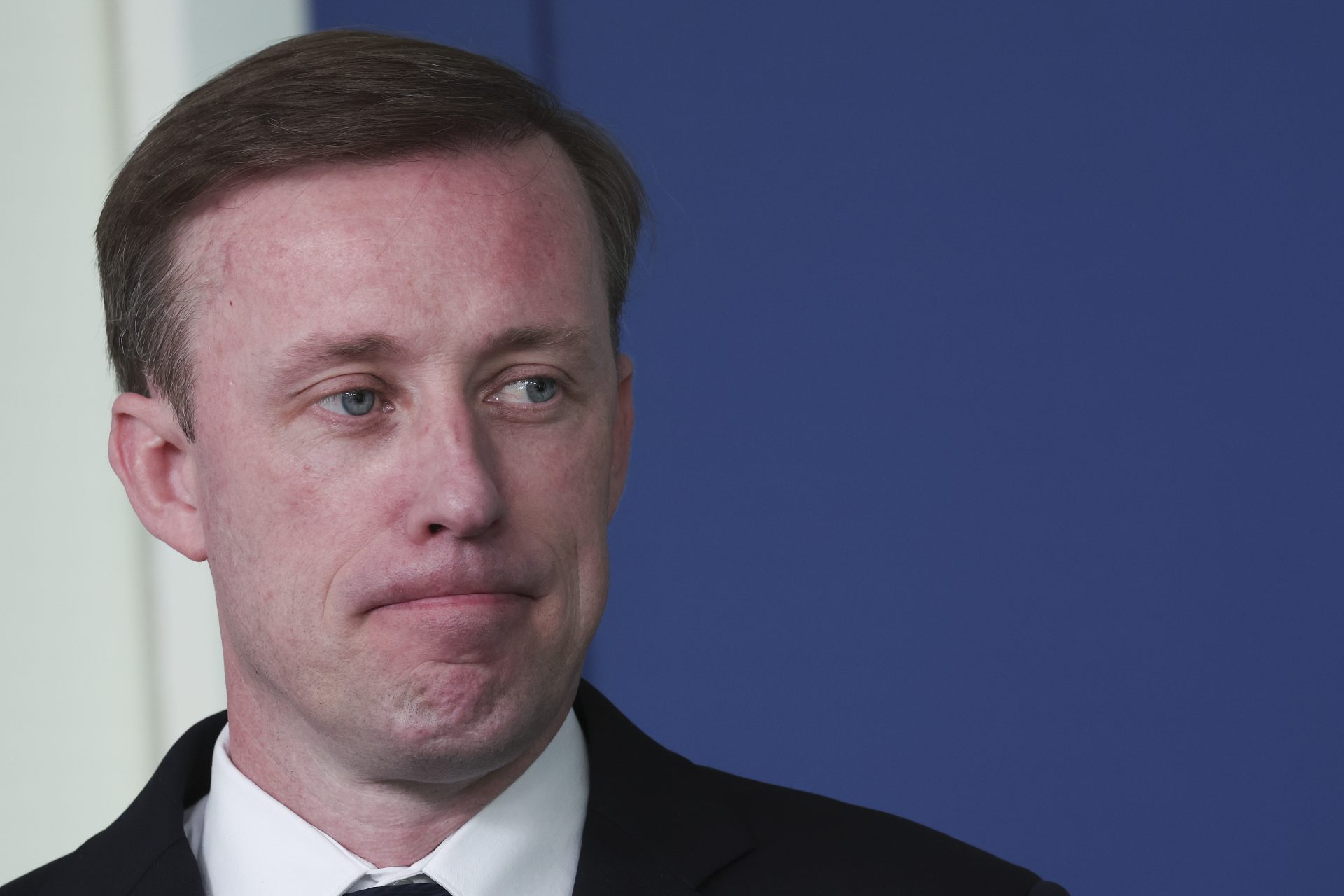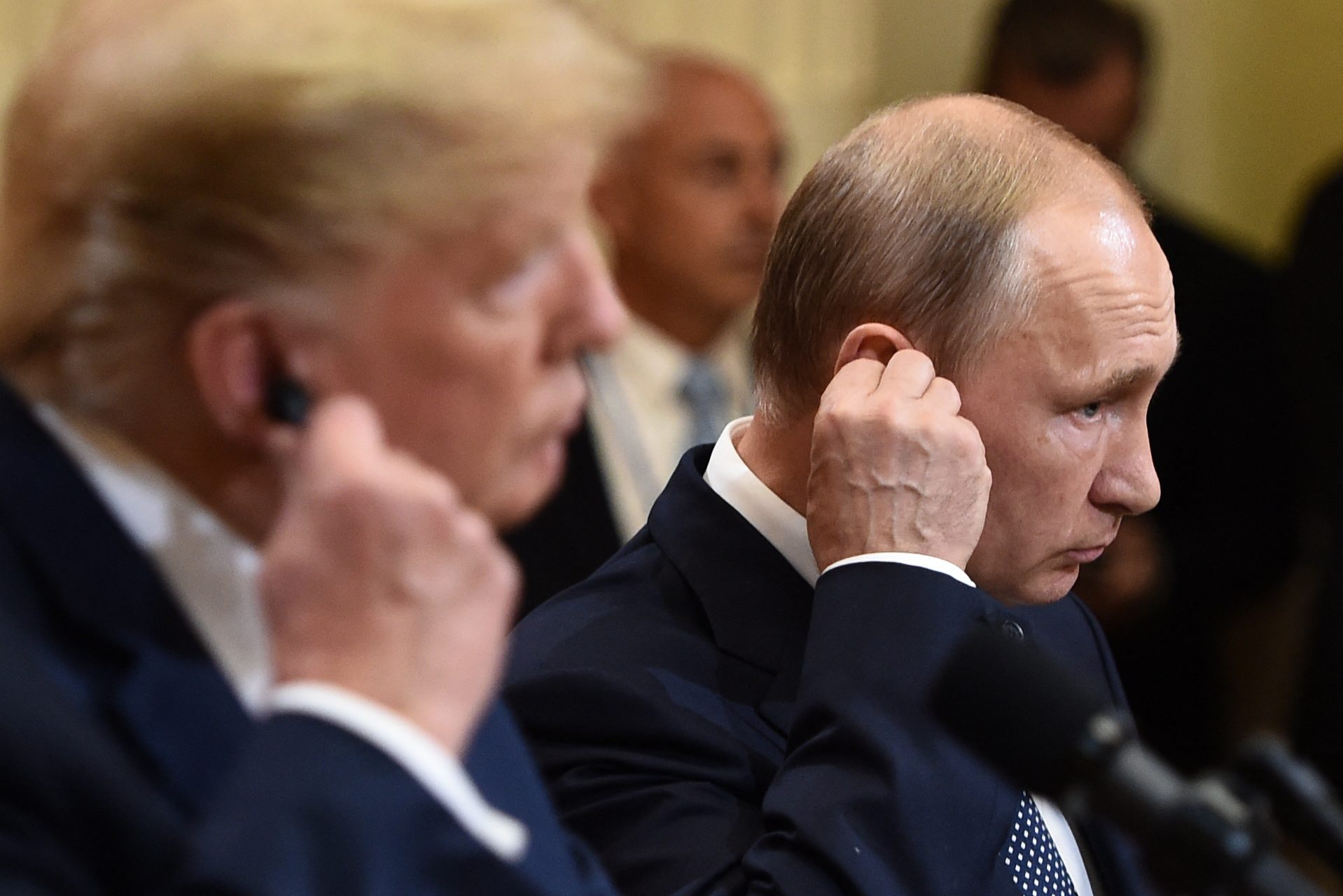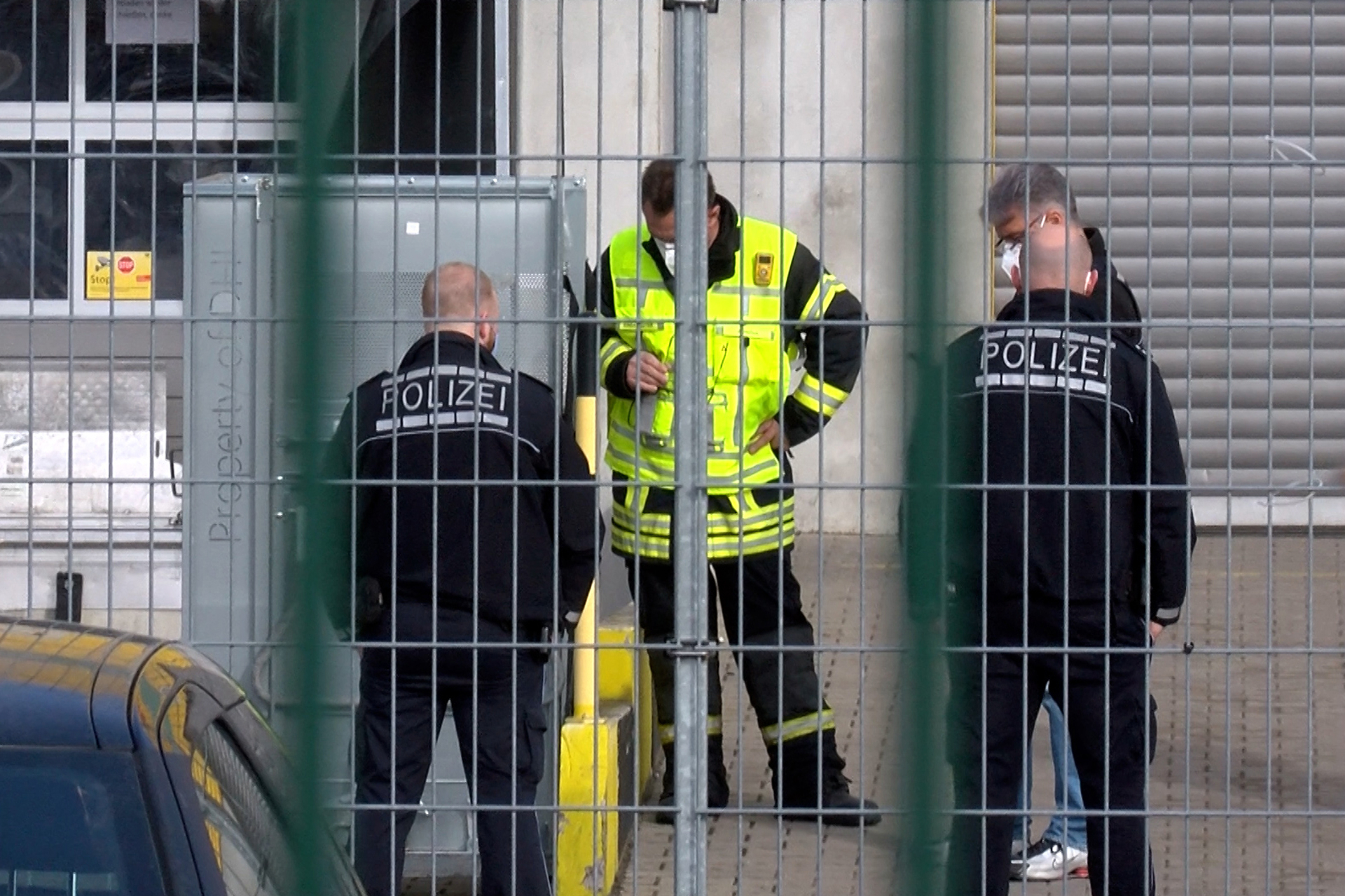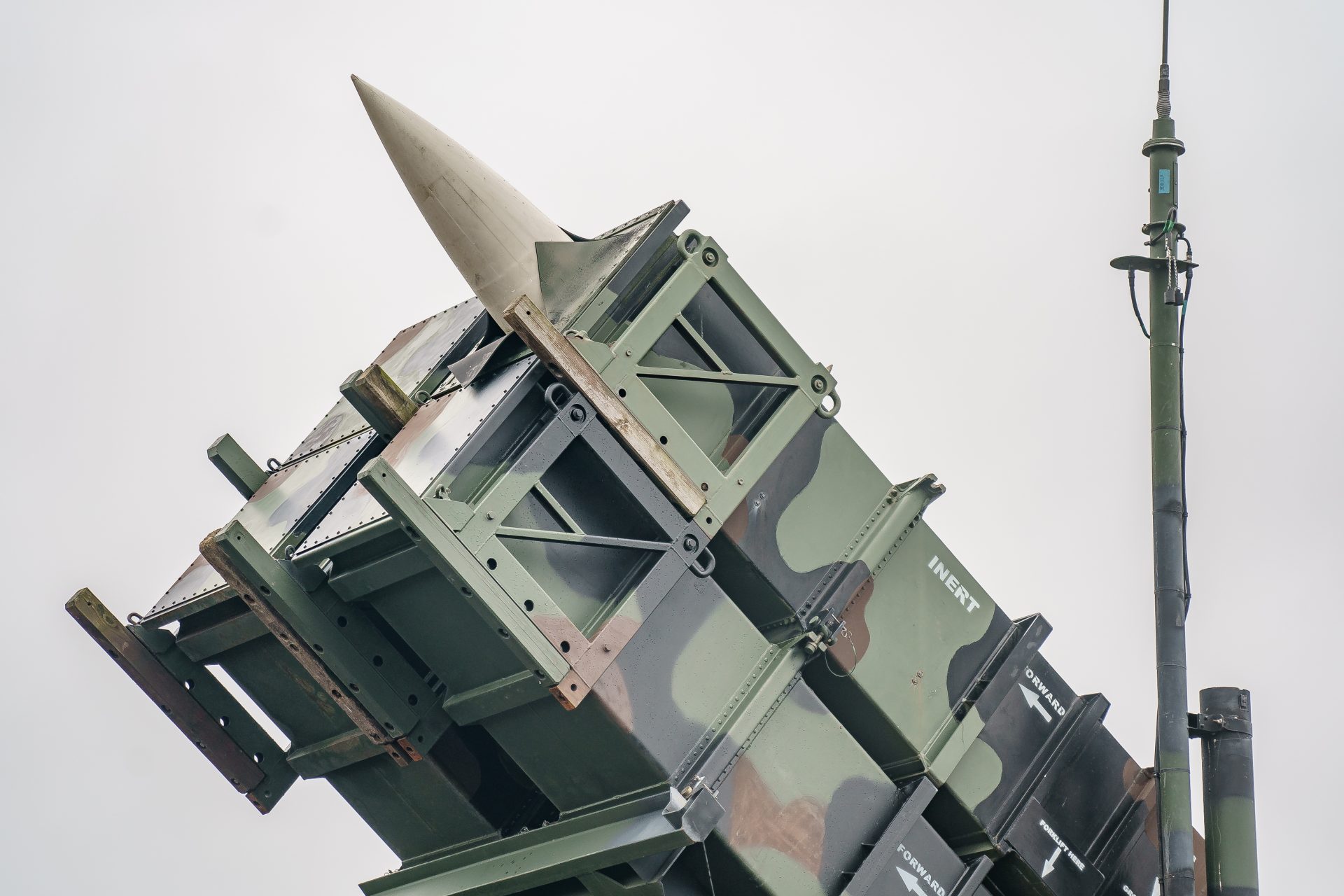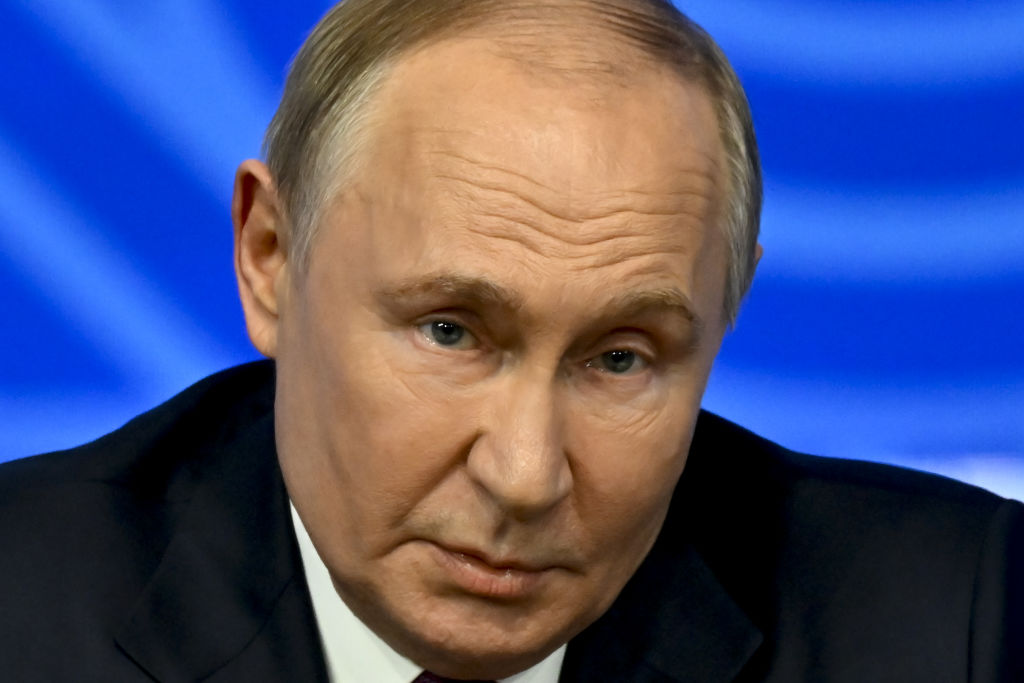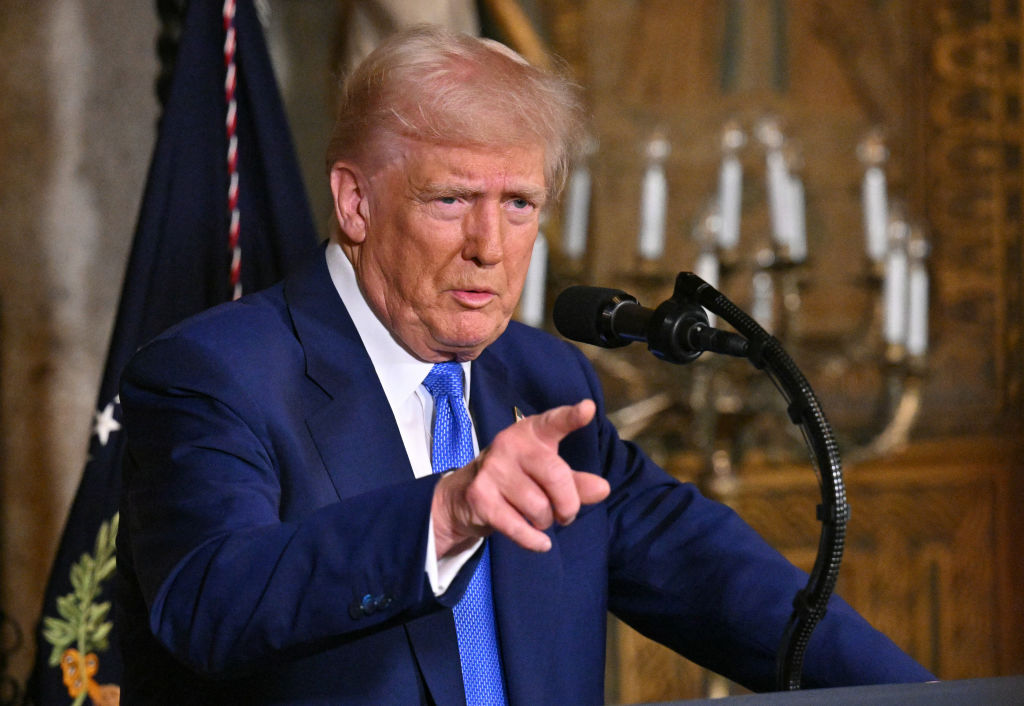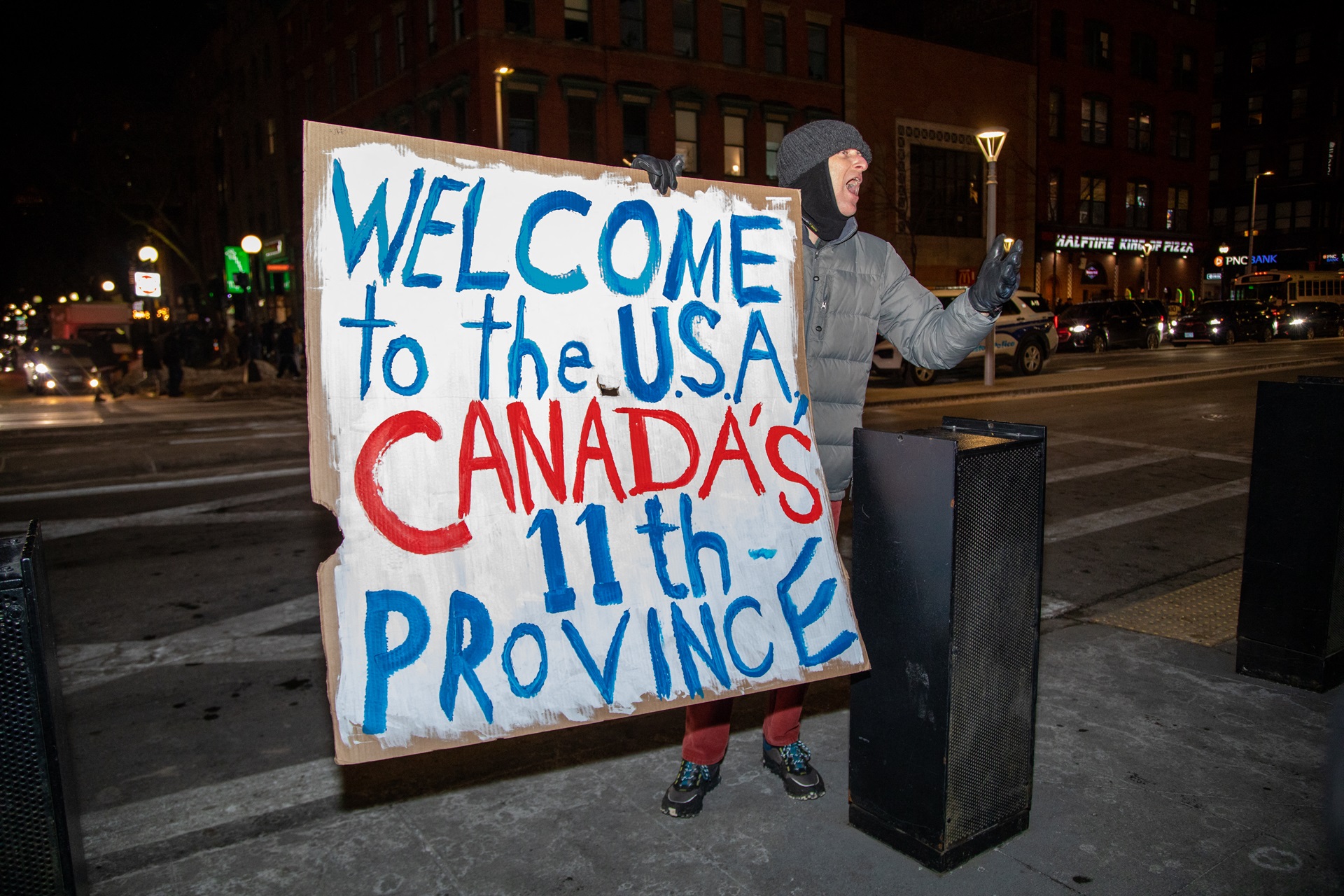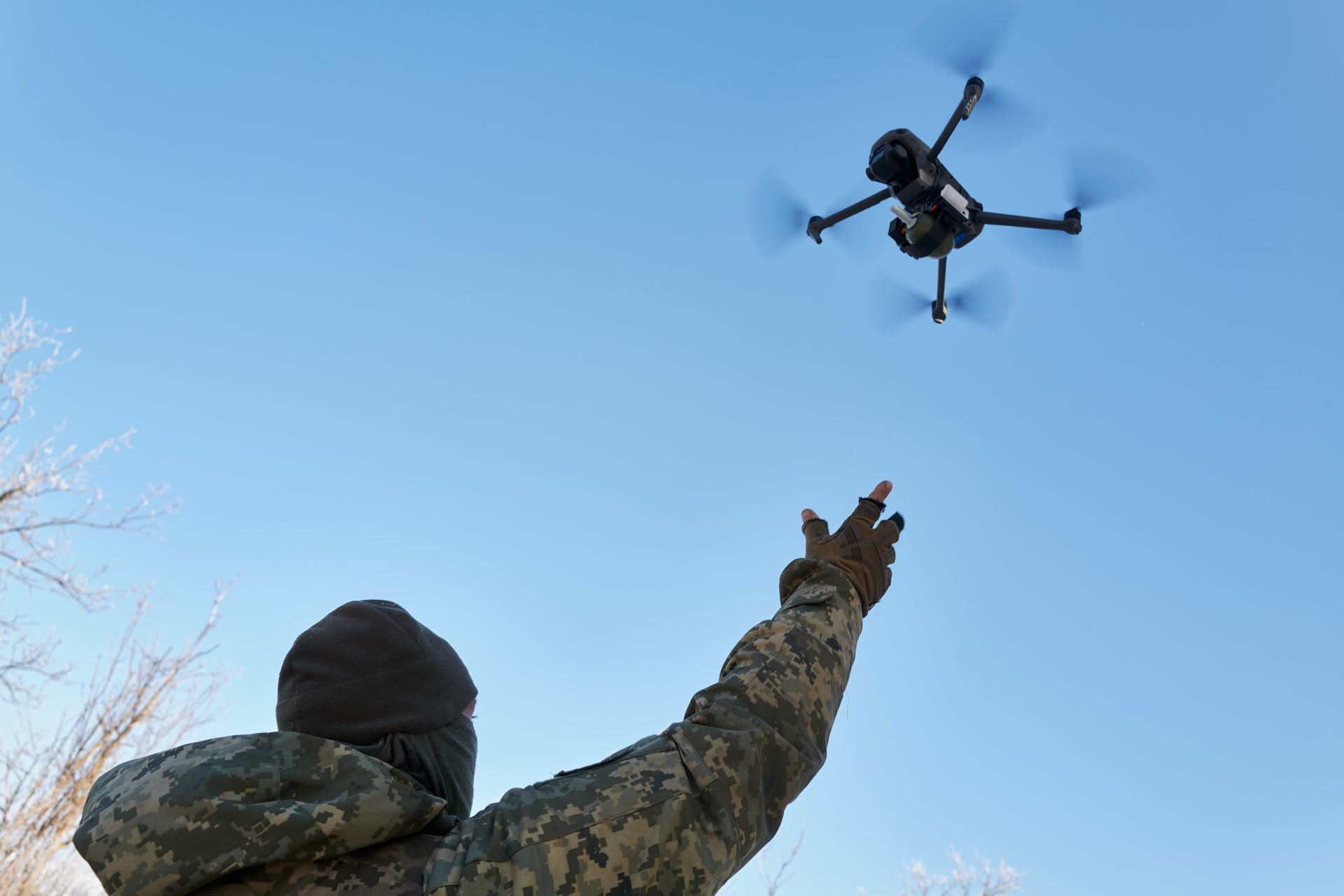Putin received a stern warning from Biden over plane explosive schemes
Last summer, Biden officials warned Vladimir Putin about the consequences of a Russian intelligence strategy to place small explosives on cargo planes, the New York Times revealed.
The Wall Street Journal reveald in November that Russian intelligence had ignited small appliances to set fires at DHL logistics hubs in Germany and England.
The fires sparked an international search for culprits, with Russia topping the list. European intelligence agencies concluded the ignition came from electric massagers sent to the UK from Lithuania.
However, they also revealed that the operation was only a test run to determine how to send such devices to logistics hubs in the US and Canada, which the WSJ exclusively revealed in November.
The New York Times completed the picture of the incident by exposing how the Biden Administration dealt with the threat over the summer when it obtained intelligence suggesting the plan.
According to the newspaper, White House officials reviewed conversations inside the GRU (Russia’s intelligence agency) about the plan in August.
Officials were also concerned that the devices could end up in passenger airplanes, as they sometimes take merchandise in the cargo spaces.
“The risk of catastrophic error was clear, that these could catch fire in a fully loaded aircraft,” Alejandro Mayorkas, the homeland security secretary, told the newspaper.
Biden officials searched for a path to warn Putin that any mistake resulting in hurt air passengers would grant the country an accusation of “enabling terrorism,” heavily escalating tensions.
They did so without knowing if he was aware of the strategy. The NY Times said that keeping specific actions from Putin is a common Russian intelligence strategy to spare him responsibilities.
It was not the first channel opened between the Kremlin and the White House since the beginning of the war. American officials reached for the same strategy they use to dissuade a nuclear attack in 2022.
“Mr. Biden dispatched his national security adviser, Jake Sullivan, and the CIA director, William J. Burns, to send a series of warnings to Mr. Putin’s top aides,” The New York Times said.
According to the newspaper, the event is another example of how exchanges still flowed between both nations, even after President Biden cut all official communications with the Kremlin.
That policy could quickly change under the new Trump Administration. Mr. Trump has signaled that he is open to talking to the Russian ruler, and European leaders have already started exchanges.
However, Russia’s actions could complicate those efforts. According to the WSJ, the plane plan escalated a sabotage campaign against the US and its NATO allies.
The NY Times said the shadow war is a form of retaliation for their support to Ukraine and has redefined European officials’ sense of security, forcing constant searches for sabotage.
More for you
Top Stories



